Vaccination schedule for Kienyeji chicken for 2023 [Download]
Indigenous chicken, also known as Kienyeji are much sought after because of the quality of their meat and eggs. They are hardy but also need to be taken care of, in terms of vaccination, in order to ward off diseases that can be fatal or drastically decrease production.
Most common diseases in kienyeji chicken
Kienyeji chicken (Indigenous chicken ) are prone to several diseases. It is recommended to vaccinate against:-
- Mareks.
- Newcastle.
- Infectious bronchitis.
- Gumboro.
- Fowl Pox.
- Fowl Typhoid.
- Worms (Deworming).
NB: The vaccination schedule and method of administering is available for download at the bottom of this page.
1. Mareks
Mareks is caused by the herpes virus. It is fatal. Infected birds will eventually die. It infects birds from day one and spreads to the white blood cells by day 7. It manifests between 12 weeks and 20 weeks. It has no cure. It is recommended to purchase your chicks from reputable hatcheries that vaccinate. The vaccine is administered on day one.
The herpes virus can survive in the environment for as long as 12 months, hence the need to practice biosecurity by having foot dips and also disinfecting your equipment and transport vehicles.
2. Newcastle
Caused by the Newcastle Disease Virus (NDV), Newcastle disease is deadly, with a 100% death rate. It has no cure. The virus attaches itself to the red blood cells hence spreading quickly through the body. Newcastle disease infects all poultry and other birds.
Newcastle disease is highly contagious. It is spread through:-
- Droppings
- Nasal discharge
- Contaminated items e.g. bottom of shoes, feeding equipment, cages etc.
- Contact with wild birds
This virus can also penetrate egg shells, infecting the embryo. NDV can survive in the environment for weeks and indefinitely in a frozen state.
Vaccines are administered to prevent the disease. Please note that vaccines are preventive and you should never vaccinate sick birds.
If your farm has had a case of Newcastle, practice all-in-all-out policy on stocking. Wait for at least 21 days before restocking. Make sure you disinfect the farm after culling all the remaining birds
Biosecurity is a good practice so as to keep the disease at bay. This includes disinfecting feeding equipment, cages, use of foot dips, disinfecting clothes and transport vehicles
3. Infectious Bronchitis
Simply known as IB, Infectious bronchitis is a highly infectious virus and is spread through the air, contact with infected birds, contact is infected carcasses, feed bags, and rodents. IB can penetrate eggs shells, infecting the embryo. The infected egg with not hatch.
The disease spreads within 48 hours. There is no cure. Antibiotics can be administered to infected birds to treat secondary bacterial infections. Some birds might survive with 3 weeks. The birds that survive might never get to optimal production levels again as infectious bronchitis affects their reproductive organs. They are also carriers of the disease and will infect any new flock you introduce. The only remedy to this is to get rid of them, disinfect everything and start again.
Infectious bronchitis is prevented through timely vaccination and strict biosecurity practices.
4. Gumboro
Infectious bursal disease (IBD), also known as Gumboro, is a highly infectious disease that has a mortality rate of up to 40% of your flock. It spreads through contact between birds, contact with feacal matter of infected birds, dust and rodents. It has no cure, though infected birds can be given a combination of multivitamins, electrolyte supplements, and antibiotics to treat any secondary bacterial infections.
The birds that survive have low production levels, and introducing new birds to the same environment will lead to new infections. It is recommended you clear the infected flock and do a dry clean (removal of organic matter), wet clean (with high-pressure water) and disinfect the chicken houses.
Gumboro is prevented through vaccines. A live vaccine is given between 6-8 weeks and a second oil-based inactive vaccine given at 18 weeks. The vaccine schedule is available for download at the end of this article.
5. Fowl Pox
Fowl Pox(FP) is a disease that affects most birds, including chicken. It is primarily spread through mosquitoes that have fed on the blood of an infected chicken. Alternative names for fowl pox are chicken pox(Not the human one), sore head, avian diphtheria, bird pox, pox.
It is also spread through direct contact with infected birds. Fowl pox is airborne but spread slowly.
There are two strains of fowlpox the dry form, and the wet form
Dry Form
The dry form of chicken pox is characterized by lesions(looks like scars) on areas without feathers. This includes legs and the head. The lesions will heal in about 2 weeks.
Wet form
The wet form of chicken pox is characterized by lesions on the mouth, pharynx, larynx, and trachea. The lesions can block the trachea (windpipe), leading to suffocation and death. The birds may have discharge from the eyes.
Fowl pox has no treatment but can be prevented through the fowlpox vaccine and good biosecurity measures. The mortality rate from fowl pox is low but once the chicken are infected, their production reduces (for example fewer eggs) and there is slow growth in young chicken.
6. Fowl Typhoid
Fowl typhoid is a highly contagious disease caused by the salmonella gallinarum or shigella gallinarum. bacteria.
It is spread via droppings of infected birds. Fowl typhoid can also be spread through feed, clothing, water, and equipment that have been contaminated.
The symptoms of fowl typhoid are decreased egg production, Yellow or green or pale orange diarrhea, ruffled feathers. Increased thirst, Lack of appetite, dullness, paleness of the head drooping comb. After infection, poultry will show the symptoms in 4 days and death will start after 2 weeks.
The death rate from fowl typhoid infection can reach 100%.
Birds infected with Fowl typhoid can be treated using antibiotics, but this does not get rid of the bacteria completely. It is advisable to destroy all carcasses by burning.
Fowlpox can be prevented by vaccination and good biosecurity measure. This includes preventing any visitors from accessing the poultry unit without first being disinfected.
7. Worms (Deworming).
Related articles
- How To Start Poultry and Chicken Farming In Kenya: The Basics
- How To Start Poultry and Chicken Farming In Kenya: Record Keeping.
- Making your own chicken feed
- How To Start Poultry and Chicken Farming : Value Addition
Download the Vaccination schedule for Kienyeji chicken
Please enter your email in the form below. We will send the kienyeji chicken vaccination schedule pdf via email.

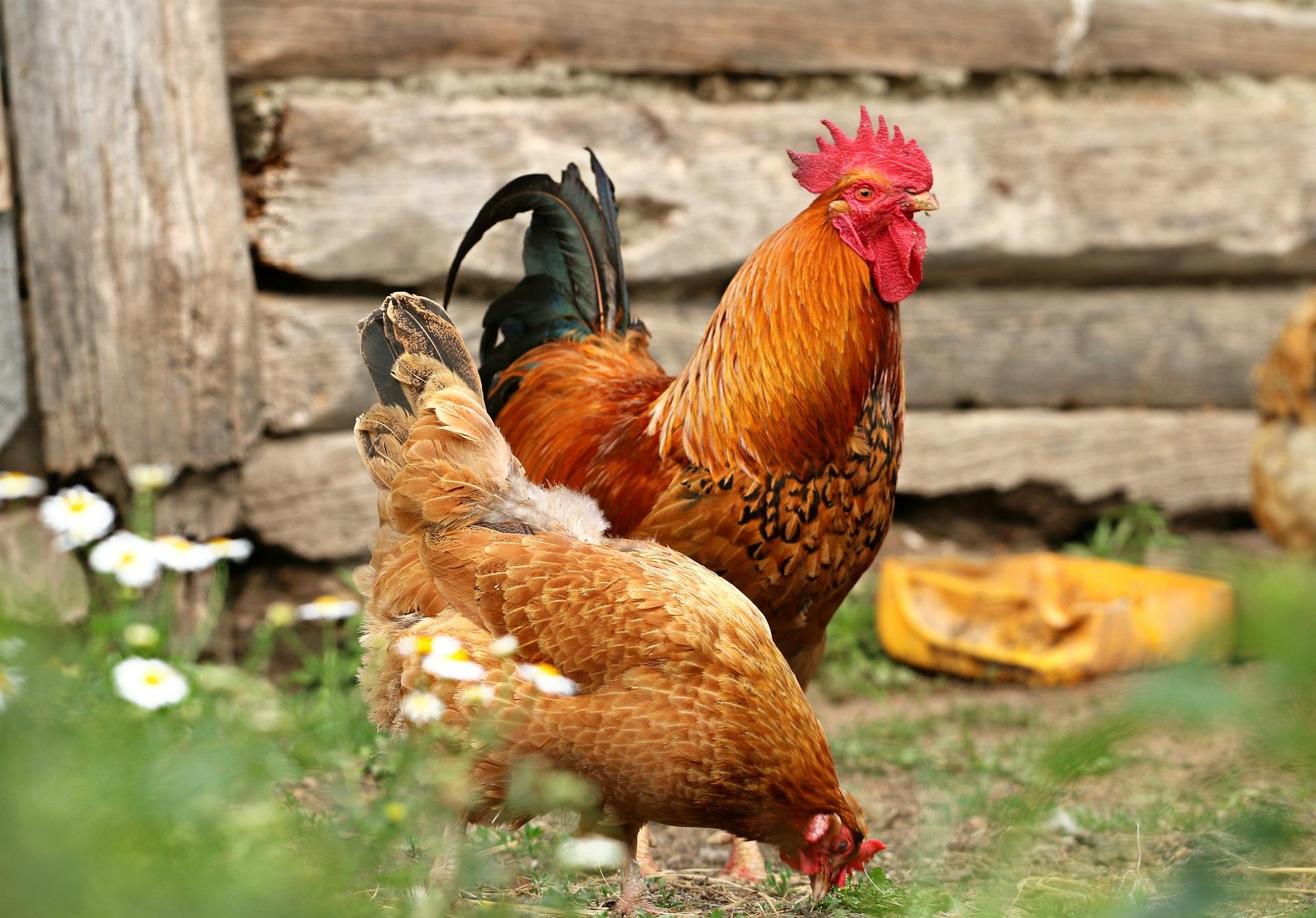

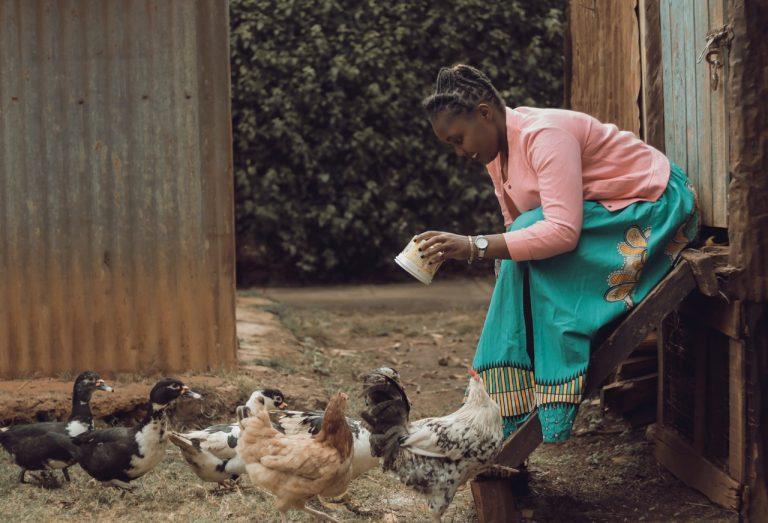
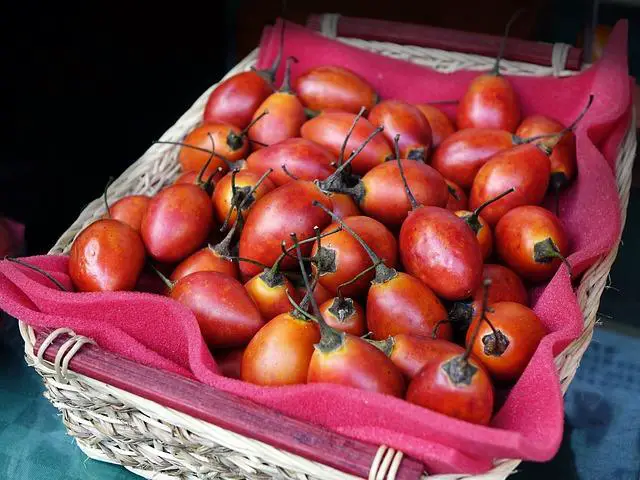
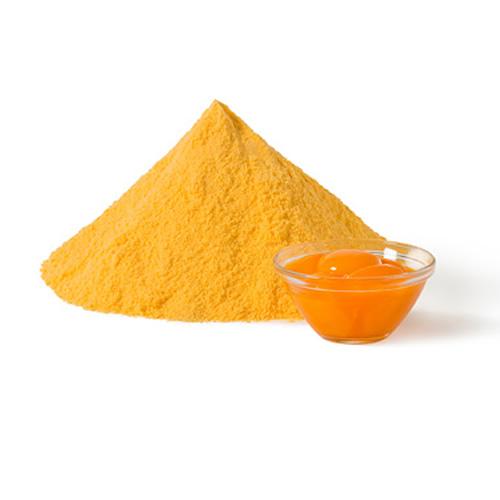
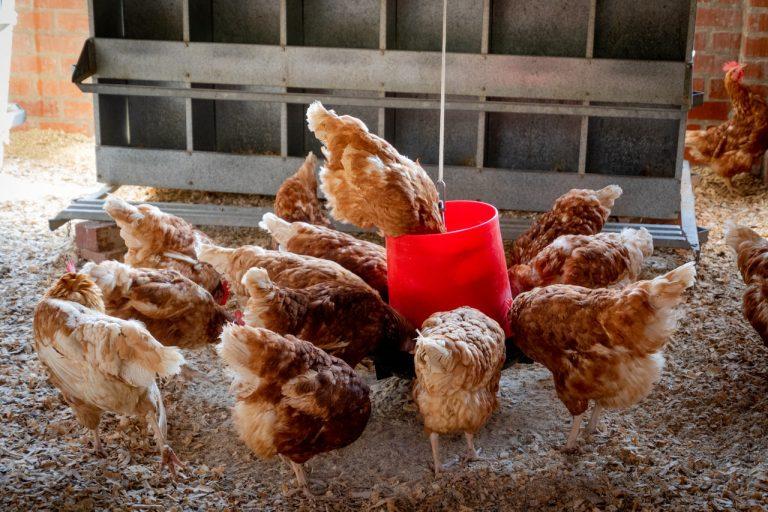
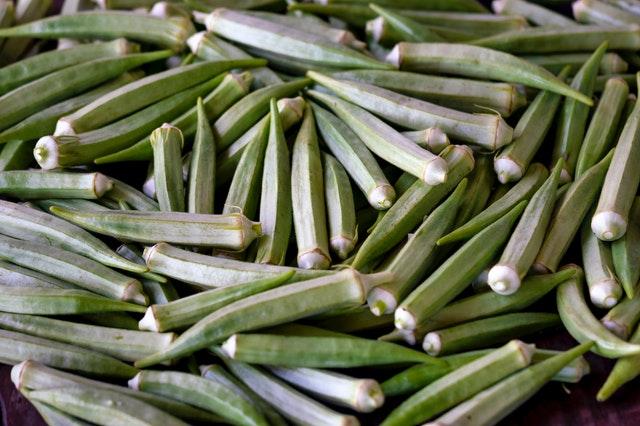
I’m happy for the information let me get vaccination scheduled please from Kenya 0704448857
Informative
Informative
very informative and well researched. Kindly supply a summarized vaccination schedule
Hi i have 50 chickens, but…
Hi i have 50 chickens, but in the morning i found two died every day i have struggled to get the vaccnation and there is no change help me how can i do?
I would like know how to…
I would like know how to vaccinate my chickens from day one
Good information thanks
Good information thanks
Educative and Inspirational
Educative and Inspirational
Thanks alot for the…
Thanks alot for the information you have provided
Thank you for this it’s very…
Thank you for this it’s very informative and educative.
a good and informative…
a good and informative lesson. can yo also provide vaccination schedule for others from day 1 to full maturaty.
I am here in uganda and…
I am here in uganda and highly recommend Kenbro. These grow fast and big. Their morality rate is low. The only challenge is taking long to receive day one chicks after ordering.
how can I get u am from Kenya
The vaccination scheduled…
The vaccination scheduled has been helpful.
Am greatful for your…
Am greatful for your immediate solutions.
Regards,
Lewis
Butere
I’m in Nigeria and looking…
I’m in Nigeria and looking to start a poultry business project. I haven’t done extensive research yet into the different breeds. I know I want breeds that produce both eggs and meats. In case during the research I find out that some of these breeds are foreign, would you have information as to how to acquire fowls?
This is a god programme that…
This is a good programme that is providing poultry farmers with information they need. Keep it up
Thanks so much for this…
Thanks so much for this helpful information. As a new poultry farmer in Bungoma Kenya, I can assure you of succeeding in this field.
Regards
Kevin Wanjala
Very good informative note…
Very good informative note please keep it up and provide the schedule for vaccination tha
Very informative
Very informative
Very educative
Very educative
I had 50 chicken and they…
I had 50 chicken and they 100%died so so vaccination schedule will be helpful to me
Thanks for the information,…
Thanks for the information, advise me on how to he F1 Kuroilers, I need a parent stock
A great deal thank you as I…
A great deal thank you as I will rearly see my chicks dying in my watch
I am in Rwanda, I am…
I am in Rwanda, I am interested with this kind of chicken and I am wondering if I can get them easily. Thanks for advice.
I have kept 120 kienyeji…
I have kept 120 kienyeji chicken but have lost some due to disease. I would therefore like to receive any information on vaccination.
Interested on more…
Interested on more infomation about kienyeji chicken am new in the market
I have 120 Four months…
I have 120 Four months chicks and have experienced high death rate even after administration of some antibiotics, hence my interest in vaccination schedule.
Nice
Nice
Thanks for this information…
Thanks for this information,very valuable.God bless.
Interested in poultry keeping
Interested in poultry keeping
Interested in keeping…
Interested in keeping poultry and would wish to be guided for best results. Am in Machakos town.
It is so interesting but my…
It is so interesting but my fear is the risks that are involve in poultry farming
I will be great ful to get…
I will be great ful to get the right guidelines, thanks.
Hi interested in growing…
Hi interested in growing kienyeji chicken
This a good site and thank…
This a good site and thank you for sharing such a wonderful information. Am currently practing poultry farming and I want to expand it
Educating and awesome
Educating and awesome
Yes
Yes